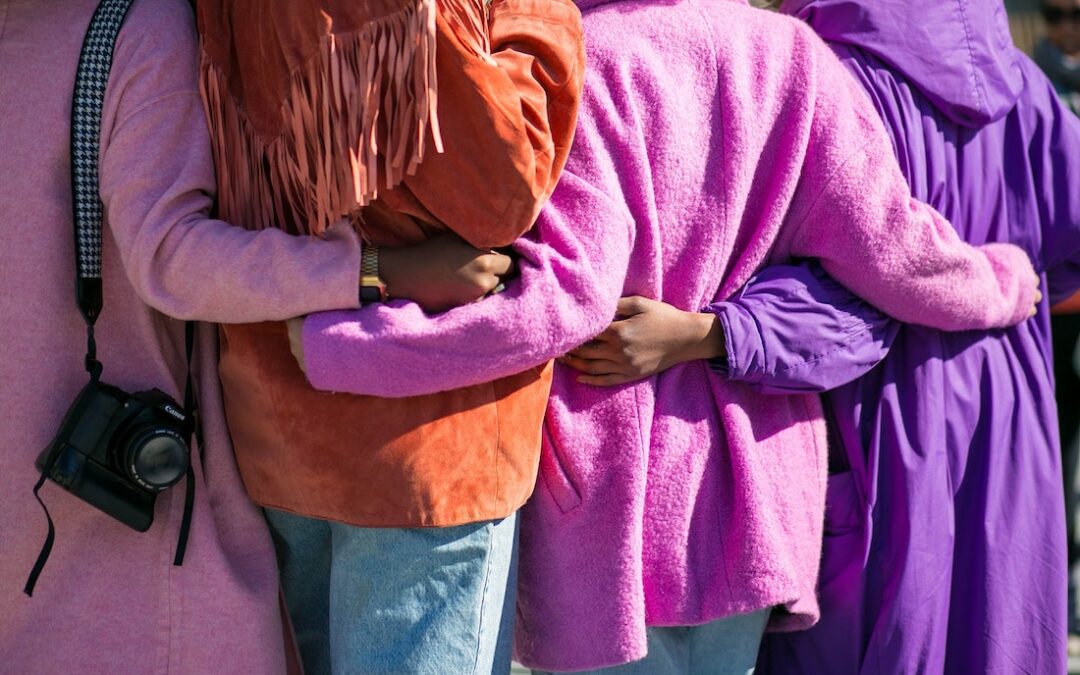If you’re here and reading this blog, be proud of yourself for taking a step toward getting help for anorexia or another eating disorder, whether it be for yourself or a loved one. Getting help for anorexia can be a difficult process, so I wanted to create a blog highlighting some steps and options to begin this process.
1. Reach out to a loved one
You may want to consider reaching out to a trusted family member or friend. Eating disorders and recovery can feel lonely, so having someone by your side can be extremely helpful. Your loved one can help you with finding a team, support group and any other research needed. Acknowledging your eating disorder and that you need help is a big first step. You may never feel 100% ready to get help, so a family member or friend can be by your side throughout the process. And gently encourage you along the way.
If you or your loved one is looking for a support group, we offer a loved one group. Click here for more information.
2. Seek out nutrition and therapy options
When in recovery from an eating disorder, it’s important to work with a team. This team typically consists of a dietitian, therapist and physician. Don’t feel like you have to find your whole team at once. If you find an awesome dietitian or awesome therapist, they can then refer you to another trusted member.
Courage to Nourish is well-connected in the ED world and we would be happy to work with you either in person or virtually (schedule a discovery call!) or connect you with clinicians in your area.
Remember. It’s okay to take your time in finding clinicians that are a great fit for you. You’ll want to look for a team you trust. A team that specializes in eating disorders and aligns with Health at Every Size and Intuitive Eating. Your dietitian and your therapist are supposed to guide you through the process of recovery, but remember that your voice matters most.
3. Find a support group
It can be incredibly helpful to connect with people who have struggled or who are also in recovery. Recovery can feel lonely. Especially if your family members or friends don’t understand. Having a community of people to talk to can make recovery feel slightly less lonely. We offer a support group that is free to the community. Head to our support group page to learn more!
ANAD is another organization that offers group support. And if you live in the DMV area, I’d recommend taking a look at Rock Recovery.
Not everyone wants to be a part of a support group. If you’re feeling hesitant or aren’t sure if it’s right for you, that’s totally fine! Talk to your team about your options
4. Trust your team AND advocate for yourself
Finding the “right fit” for a team is important. You’ll want to find a team that you can trust so you can have faith in the recommendations they are making. At the same time, it is 100% okay to ask questions about recommendations.
5. Remind yourself: recovery takes time
Once you begin your recovery journey, there may be an expectation that you heal quickly. That all it takes are a few therapy and nutrition sessions and everything will be fine. Well, it’s unfortunately not going to happen that quickly. And that is totally normal and okay. There is no “timeline” for healing. Give yourself some compassion and grace along this process.
Final Takeaways
Getting help for anorexia isn’t “one size fits all.” The above 5 steps highlight just some of the ways you can begin your recovery journey. You also might not be ready to talk to a professional about your eating disorder. Our dietitians at Courage to Nourish are compassionate and knowledgeable. We’re here to meet you where you’re at with recovery and gently encourage you to take steps to let go of your eating disorder. We offer 15 minute “discovery calls” so you can ask all your questions and get to know your dietitian before making an appointment.
Courage to Nourish is a group of eating disorder specialized dietitians. We have in person locations in Alexandria, Virginia, Columbia, Maryland. and College Park, Maryland. We offer virtual services across the state of Virginia, Washington DC, Pennsylvania, and Colorado. We offer individual nutrition therapy. As well as support groups. We would love to guide you in building a better relationship with food.
Contact us for more information. And to schedule a discovery call. Also, sign up for our client or clinician newsletter!
Take one of our eating disorder quizzes:

Helping my clients cultivate meaningful connections and interests outside of their eating disorder is a true passion of mine. I like to think my clients and I are on a team to navigate recovery. I love working with high school and college students as well as athletes seeking to have a better relationship with exercise. I am a proud anti-diet dietitian and work with my clients through a Health At Every Size © and intuitive eating framework.

